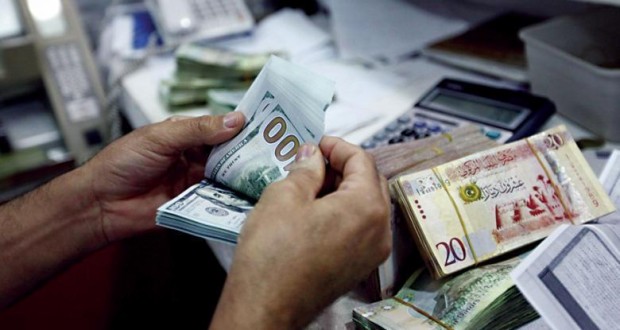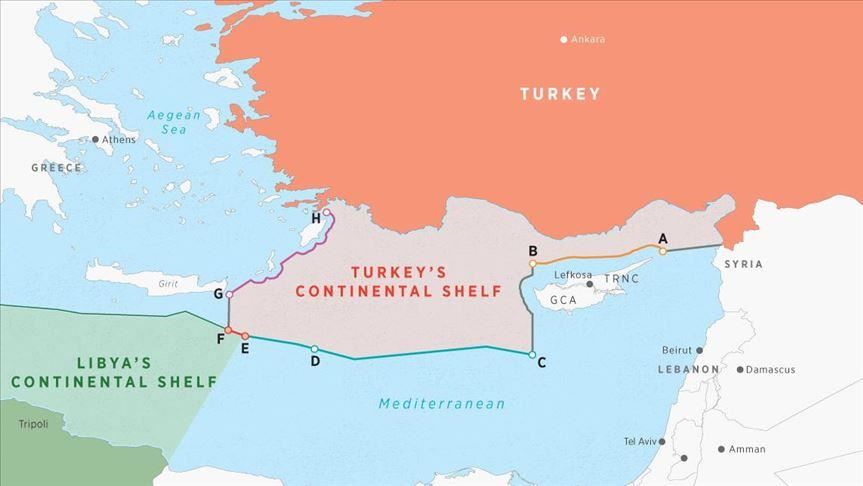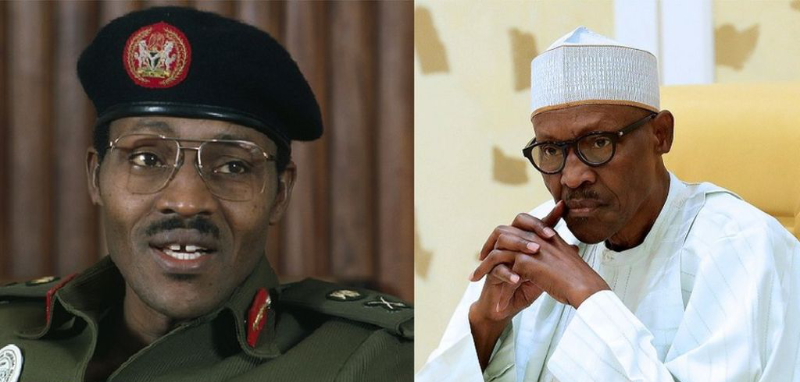Changing perceptions, China’s influence, and playing the long game
International
Published on 2015 October 8, Thursday Back to articles

Ahead of the Global African Investment Summit, Baker & McKenzie’s EMEA Chairman Gary Senior talks to Menas about Africa’s challenges and opportunities
The Global African Investment Summit, held at the end of this year, will bring together over 750 qualified global investors ranging from, international DFIs, sovereign wealth pension funds and high net worth individuals to focus on African project origination and global finance. International law firm Baker & McKenzie is a main partner of the summit. To find out more about this event, please take a look at the conference’s website.
Menas: For the past 5-6 years, there has been a certain positivity surrounding Africa; the ‘Africa rising’ narrative. Despite this, we don’t seem to have seen the expected foreign direct investment in Africa. Why do you think this is?
GS: The first thing to say is that Africa is not just about Western investment. Of all the continents across the globe, Africa has probably seen the most interest from other parts of the world, including other emerging markets. There is huge interest from China and India, for example, and in the mining sector even Brazilian interest. All of these are relevant for Africa.
Secondly, Africa is certainly in a very different place to where it was ten years ago. Amongst our clients and our firm, for example, there is a materially different attitude towards the continent today. Ten years ago it was fairly unusual to hear law firms talk about a focus on Africa; now it is fairly unusual if a major global law firm is not talking about a focus on Africa. But we also have to bear in mind that the course of development will never follow just one smooth, upward line because short-term factors affect the trajectory. Over the last few years, for example, we have experienced the slow-down of the Chinese economy and the effect this has had on commodity prices, and anxiety about an interest rate rise in the United States. These issues draw capital back, which has an impact on all emerging markets to one degree or another – Africa is no exception.
We only need to look at the development of Latin America or Asia-Pacific over the past 25 to 30 years for a comparison. Baker McKenzie entered these markets at a time when it wasn’t particularly sexy to do so, and in the late 1990s, the currency crises around Asia-Pacific were very severe. But you have to accept that the road is going to be a little rocky, and if you look back over a ten year period you do see the development of more advanced economies and ever-increasing levels of investment from outside the region. I think we’re going to see that in Africa. You’re not going to go from Tanzania to South Korea in a couple of years – I don’t think South Korea did that either! You have to have patience, and treat it as a long-term play, as well as short-term.
Menas: You mention the slow-down of the Chinese economy. Do you think that this will create room for investors from other countries to do deals in Africa?
GS: China’s economy slowing down doesn’t necessarily mean that Chinese investment will slow down. There really has been a step change in Chinese investment into Western Europe that is quite strategically driven: it’s about Chinese companies wanting to improve their technology and looking to buy Western businesses to do so. China is going to be a very powerful economy. It has doubled in size over a relatively short period of time, and even if China grows at 4%, it will still represent a big economy with decent growth and will, in my view, increase the level of its Foreign Direct Investment into Africa, as well as other areas. The African market will grow too – there will be more for everybody – but that dynamic with China is still going to be there.
In terms of times of volatility more generally and what that means for investors, there is no doubt that volatility produces strategic investment opportunities. When businesses are looking to move their strategic position in a particular geographic or industry area it is much easier to do so in a time of volatility than in a time of stability.
Menas: Do you think the interest from the West is still too focused on commodities?
GS: Not necessarily. I think that the African economies are more diversified than is often superficially appreciated. Our clients in the IT sector are very interested in Africa in a way they were not a short while ago, for example. The extractive sector is still relevant, and there is, for obvious reasons, a strong focus on commodities-related investment. But there is also recognition of a growing middle class and the significance of this: growth in, along with IT, industries such financial services, real estate, and retail.
Infrastructure too is an area with great potential. When referring to development in Africa, the important areas highlighted as requiring investment are things like roads, energy supply and telecoms, so there is clearly huge scope for investment in those areas.
Furthermore, there is often a misguided tendency to treat quite different industries as one and the same. Oil and gas, infrastructure, telecoms, and energy are all quite different, but they all get lumped together as ‘this is what investors are chasing’. The true picture is more complex.
Menas: Do you think that one issue the continent faces in attracting international business is that Western governments are hesitant to form partnerships with some of their African counterparts due to the fear of being identified with them because of their records?
GS: I’m not sure about that. There are over 50 countries in Africa, so it is extremely hard to have a conversation about the continent without generalising in ways that cease to be helpful. For example, you have to segregate sub-Saharan Africa, to some extent, from North Africa: in North Africa there are very strong French connections, so strong in fact it could be argued that it inhibits investment from other countries Western countries because there is a sense that it is the French ‘zone’. The same goes for parts of West Africa: francophone West African countries are seen as being under French influence, and therefore not attractive to other Western investors whereas, in fact, the region ought to be more appealing because there is a common currency running across many countries, and a fair degree of stability – with a few exceptions.
When looking at the rest of sub-Saharan Africa, London is by far the most important commercial centre – more so than commercial centres within Africa like Johannesburg. There are some strong connections between Western Europe and Africa, and I don’t sense a lack of interest at a government level. On the contrary, what is interesting is the increasing governmental interest from the US. There definitely is a political aspect to this: because of an anxiety in the US that China is becoming increasingly influential on the continent there has clearly been a step change in the US government’s attitude to the continent. They have become more enthusiastic about encouraging American investment in Africa.
Menas: The ‘Africa Rising’ narrative is often contrasted with a more negative image of Africa; people still think of Africa in negative terms but with positive attributes. Looking at the extractives sector or oil and gas, businesses have managed to do well in these ‘difficult’ environments and some of the success is due to the homework they do before they go in. They find out about the economy and governments they will be dealing with. Do you think that other companies that have never invested in Africa could learn from the oil and gas industry in their approach to new markets?
GS: I think there is an understanding that Africa has changed a lot, particularly from a political stability perspective, but there are also positive developments in Africa’s demography. One of Africa’s challenges was that it wasn’t sufficiently densely populated. It is still not a very densely populated part of the world, and to achieve a certain level of economic development you do need a certain density. Many of the 54 countries on the continent are now achieving a certain level of development, but the challenge is that they are nonetheless 54 different countries, so it is hard to generalise across an ‘African market’. It’s not, therefore a surprise that investors are going to face challenges when deciding where they invest. Where should they focus their attention? If they just focus on two or three main centres does that mean they’re not really covering Africa? I’m not sure if there is any other way you can approach the continent.
Menas: One pattern we see with African countries is that interest follows fads: one region is popular for some years and then it moves to another region. East Africa was important for the extractives industry recently but with low oil prices it is no longer the case. Is one of the problems a lack of a long term view for companies investing in these countries?
GS: Yes, but I think that is common to business generally. There is a sense of people following what others have done, something develops as a bit of a fad, then a short term issue develops and businesses pull back. I think the more successful businesses are those that take more of a strategic, long term play. And when looking at the different parts of Africa, which are the areas that we see as being of most interest?
Egypt – often not thought of as being in Africa, but it is – it’s economically quite developed, has a large population, and has the potential to be a regional hub for the countries around it. The problem is that those neighbouring countries are somewhat politically challenged at the moment; that limits what Egypt can do.
We see Morocco as potentially an important hub for North Africa. It is stable, we have an office there, but as I explained earlier I think the Francophone area has not taken off as it could do. There is also great potential in Algeria, but it has political challenges.
Clearly Nigeria has got to be the best bet just because of the size of the population and relative sophistication of the economy. It is a challenging country, but that is where there must be some of the best prospects for long term returns. And then Ghana is an interesting country. It’s next to Nigeria, much smaller, but probably easier to do business in.
In East Africa, Kenya is the one that people are drawn to. It has the most sophisticated economy and it certainly has the most sophisticated legal sector. It has some potential to play that regional hub role, although quite how that will develop we will have to wait and see. And within the same region there’s Tanzania, which has got incredible demographic growth and really ought to be an important country going forward.
Finally there’s South Africa. It’s the most sophisticated economy and although it is still not clear what role Johannesburg will play as a regional financial centre – there must be some prospect. It’s hard to believe that a true regional financial centre will not develop somewhere in Africa, and Johannesburg has probably got the best call for that on the continent.
So I think there are good reasons to look at a lot of countries and to project forward and see the long term prospects but I think the dynamic you describe of fads coming and going is not uncommon generally among business and emerging markets. It is certainly true for law firms: everyone got excited about the Gulf, for example. A lot of lawyers were moved there, the region became over-lawyered and then companies had to pull them back. I’m not sure that business is so different in its approach.
Menas: What do you see as the main challenges that investors will face over the next twelve months when dealing with African countries?
GS: Compliance is clearly a challenge. Some countries don’t fair too well in the Transparency International index and Western corporations have to be careful with such issues.
Regulation is an issue; a lot of African countries are quite regulated and it’s not that easy to do business, so you often do need local advice and local partners to help navigate around those realities.
And then, if business is related to commodities, clearly this is a very challenging period. There are opportunities around commodities, because now may not be the best time to build a mine, but it could be a good time to buy a mine, and so M&A has actually increased quite significantly in the first half of this year, compared to last year. That may have something to do with the volatility of asset prices creating opportunities.
Menas: On the political side, elections can pose a challenge to investors. In a lot of developing countries the political and business elites are interlinked in some ways – in some countries they are the same people – leading to some volatility. But elections also lead to a slowdown in politics in general as politicians focus on campaigns, or on rushing through legislation. Is that something that companies need to be aware of, when taking a long term view?
GS: I think it has a short term impact in that political elections tend to have a greater dampening effect on transactional activity in emerging markets than in more developed countries. The risk of material changes of policy from one side of an election to the other is greater in an emerging market, so if an organisation is about to make an investment, it is more likely to wait another six months to see whether the rules are going to change.
But at least in Africa you now have elections, and that is a positive overall. The fact that we are now talking about the effect of elections in Africa on business activity when we probably wouldn’t have been 10 years ago shows the change in the political dynamic.
Menas: From your point of view what are the pitfalls for potential investors and how can they be overcome from a legal perspective?
GS: If we look across the whole world I don’t see the African countries as being too bad to operate in in terms of the rule of law. Corruption can be a problem, including in the court system and that is something that companies need to be careful about. But provided businesses are getting good legal advice I’m not sure there is anywhere that you simply shouldn’t go in terms of transacting activity – African countries are not too problematic in this respect.
Companies can also manage where they have disputes, for example; they don’t need to take place in the local courts. Investors can structure contracts so that they can get into arbitration in a more international centre. There is a need to be careful in African countries, but one has to be careful in a lot of other places as well.



